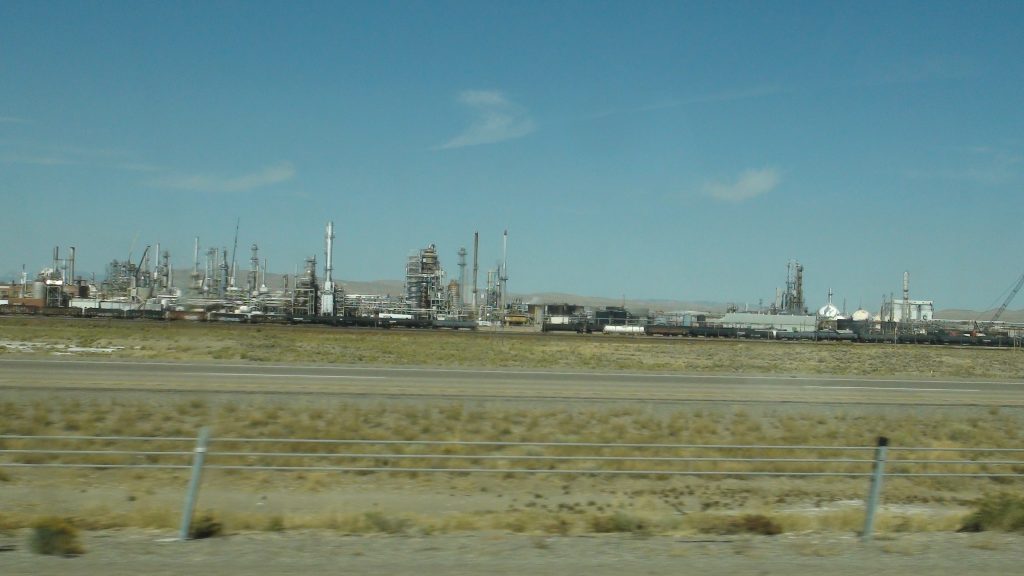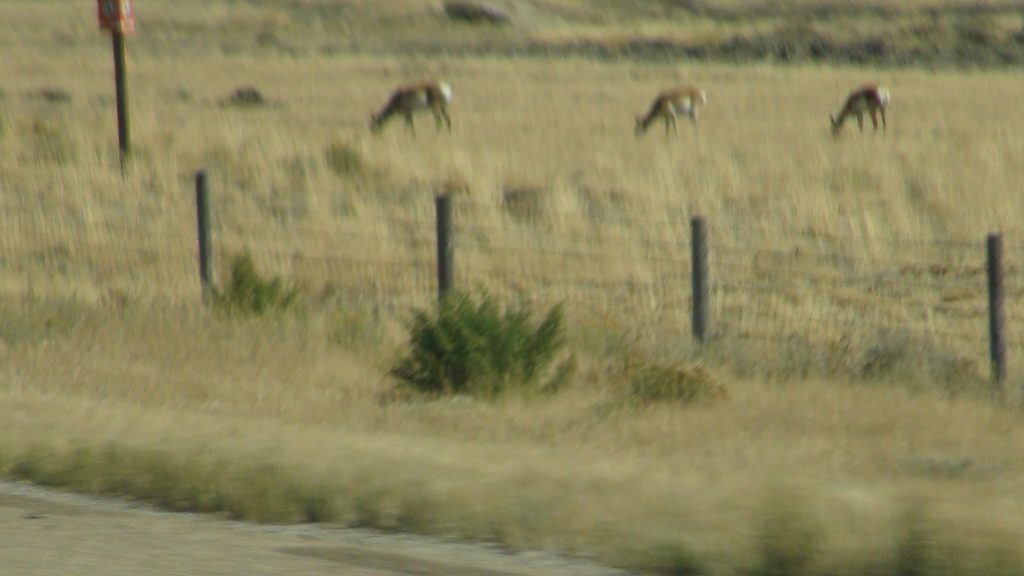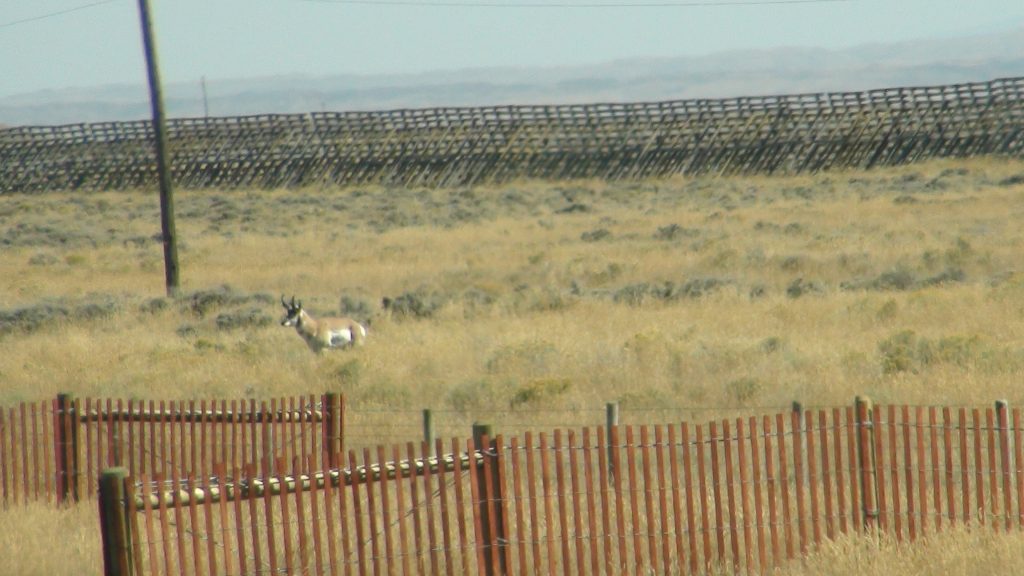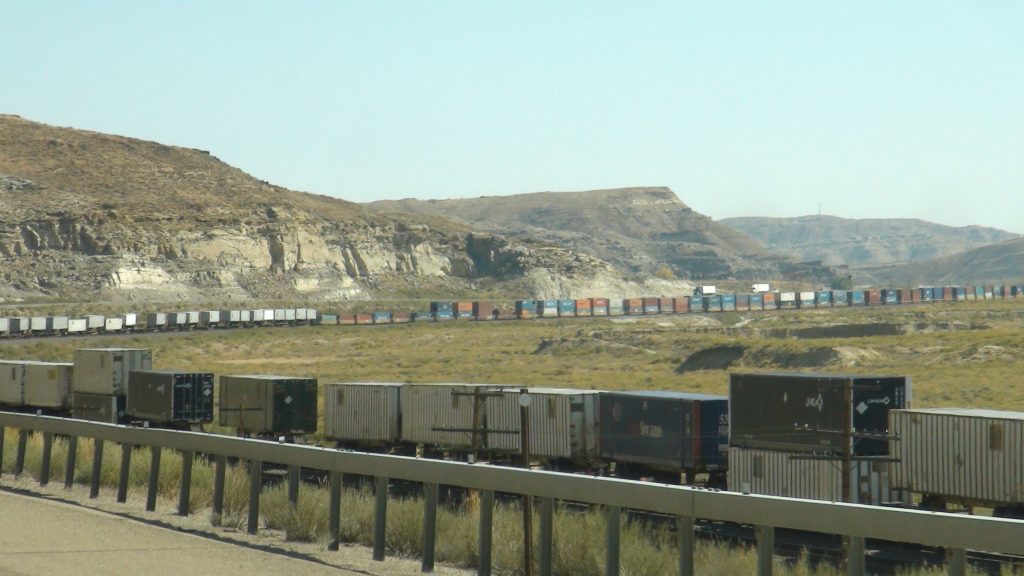After driving for a long time and seeing nothing, this was pretty exciting.
Sunday, 5 May 2024
And because we were exceedingly tempest-tossed, the next day they lightened the ship. Acts 27:18
Note: You can listen to today’s commentary courtesy of our friends at “Bible in Ten” podcast. (Click Here to listen).
You can also read this commentary, scrolling with music, courtesy of our friends at “Discern the Bible’ on YouTube. (Click Here to listen), or at Rumble (Click Here to listen).
A more literal rendering of the Greek would be, “And we, being tempest-tossed violently, the following day they made a jettisoning” (CG).
In the previous verse, it noted that the crew had run ropes under the ship to hold it together and then lowered the tackle so that they would be driven. Now, Luke continues with, “And we, being tempest-tossed violently.”
Luke continues with new and rare words in this verse. The first is the adverb sphodrós, meaning “exceedingly.” It is found only here and is closely connected to the adverb sphodra which is much more common.
The word translated as tempest-tossed, cheimazó, is also found only here. It means tempest-tossed or storm tossed. A single English word would fail to get both senses, and so a hyphenated word must suffice. Because of this terrifying state of things, it next says, “the following day they made a jettisoning.”
The word translated as following, hexes, is actually an adverb meaning subsequently or successively and signifying the next day. This is the last of five times it is seen in the New Testament. Also, the word translated as “a jettisoning” is a noun found only here, ekbolé. It signifies a throwing overboard and, thus, a jettisoning.
With the violence of the storm, the heavy rains, and the high seas, the weight of the ship needed to be lessened, or it was possible they would sink. Further, the chances of hitting a rock, reef, or the sands needed to be reduced.
In order to do this, they did their jettisoning. However, the verb is imperfect. It means that they started to throw and continued to do so. As we will see, the wheat was not thrown over in hopes of at least saving the owners from suffering a complete loss. This will be seen in verse 38.
Life application: Some people are good at getting rid of unneeded things. Others hold onto them tightly, never wanting to part with a thing. Those who constantly toss things will often find they did so a bit too soon and wind up spending more time or money to get back what they actually needed.
Those who hold onto things forever often get so cluttered in their lives that they lose track of what they have and can’t find what they need. Thus, they have to spend more time or money to obtain what they need, even though they already have it somewhere. If there is a perfect time to toss or keep, most people have not yet found it. However, it is something that Solomon says is necessary. He says there is –
“A time to gain,
And a time to lose;
A time to keep,
And a time to throw away.” Ecclesiastes 3:6
If you are going to toss, at least see if someone else can use what you no longer need. There is no point in wasting things when someone else may benefit from what you have. You may save them some money, make a friend, or just help someone out of a difficult time.
Lord God, help us to use wisdom in the use of our possessions so that they don’t control us or bog our lives down with that which is ultimately unnecessary. And yet, help us to be wise and discerning and not wasteful as well. We are to save for our children’s children. We can’t do that if we are always buying stuff and tossing things away that have value. So, Lord, give us wisdom in the conduct of our lives in this regard. Amen.





